Publications Library
Resilient Power Project Impacts: 2013-2023
This document summarizes some of the key project outcomes of the Resilient Power Project through providing information, knowledge-building support, and technical assistance to organizations working in low-income communities and communities of color across the country.
What Nonprofits Need to Know When Applying for Direct Pay
This document seeks to provide a roadmap of the key steps to receive direct pay reimbursement for the ITC and an easy way to track progress through those steps to ensure no deadlines are missed.
Investment Tax Credit (ITC) Direct Pay Fact Sheet for Nonprofits
This Direct Pay Fact Sheet details which types of tax-exempt entities are eligible to receive direct pay, outlines the process to receive direct pay, and introduces additional resources.
Resilient Power Funding Programs: Building the Foundation for Energy Resilient Communities – 2022 Annual Impact Report
This report outlines the impacts of CEG’s 2022 grantmaking through the Technical Assistance Fund and the Resilient Power Leadership Initiative. The report covers the programs’ projects, partnerships, and lessons learned.
Supporting Access to Health Care: Resilient Emergency Power for Florida Community Health Centers
This report describes backup power needs and opportunities at Florida’s Community Health Centers. The report includes a technoeconomic analysis for using solar+storage for emergency backup power at health centers, and provides insights and recommendations for resilient power adoption at Health Centers nationwide.
Investment Tax Credit Fact Sheets: Bonus Credit Program
These fact sheets introduce each of the six bonus credits available within the ITC for solar, wind, and storage projects. These fact sheets share who is eligible to apply for each credit and which credits can be paired together.
Resilient Solar and Battery Storage for Cooling Centers: Mitigating the Impacts of Extreme Heat on Vulnerable Populations
Extreme heat is responsible for more weather-related deaths than any other weather event. Community service providers and emergency preparedness leaders scramble each summer to ensure those at high risk – including electricity-dependent, medically vulnerable, and elderly individuals as well as those without access to in-home air conditioning – have access to cooling centers, air-conditioned locations…
This publication by the Island Press Urban Resilience Project is a compilation of articles, op-eds, and interviews celebrating our collective progress in 2021, while highlighting how far we have yet to go. Four of the seven articles in the Energy section were written by CEG staff.
Energy Storage for Winter Grid Reliability: How Batteries Became the Low-Cost Solution for Power Assurance in Massachusetts
Winter electric peaking capacity services are currently undervalued in the Massachusetts programs that provide battery customers with performance payments to supply power back to the grid at times of high demand.





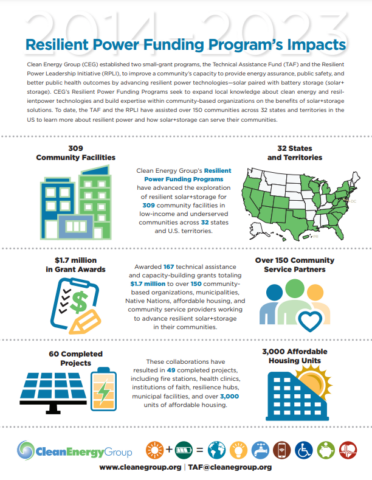
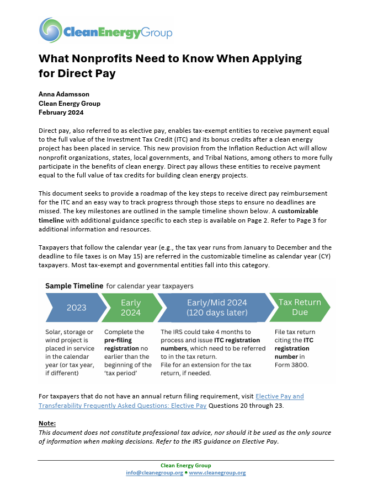
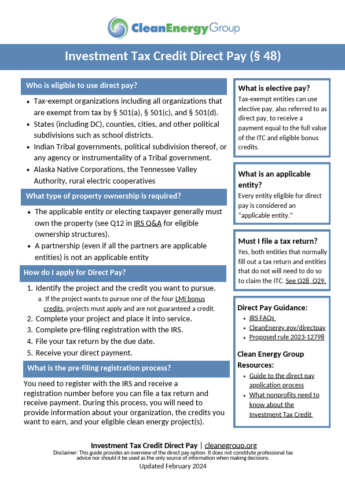
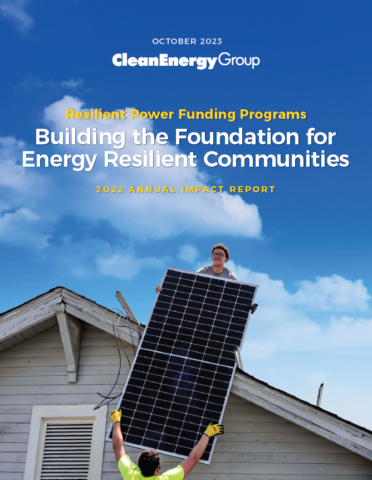
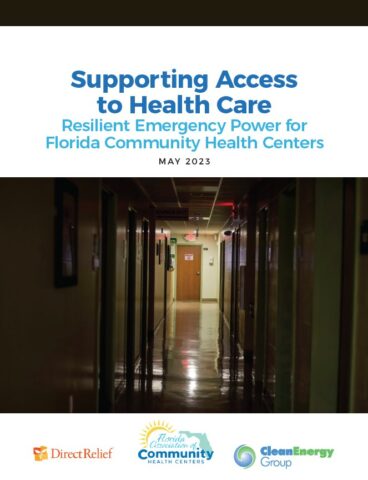
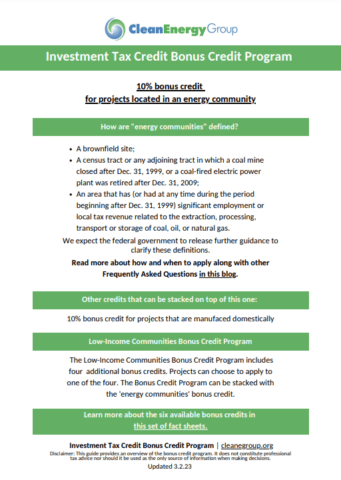
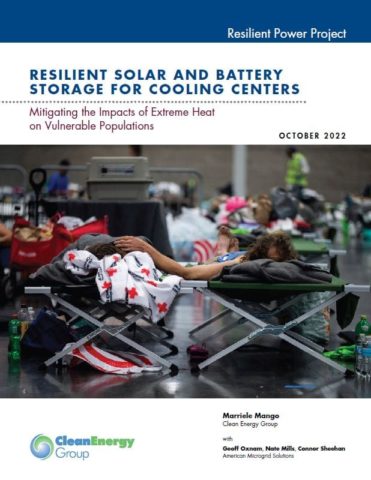
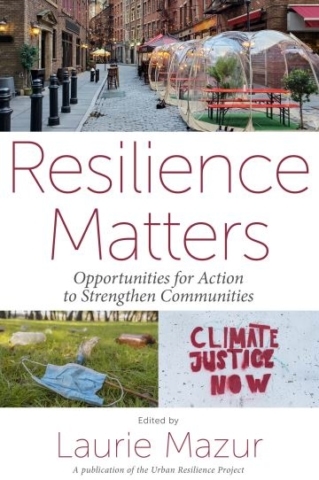
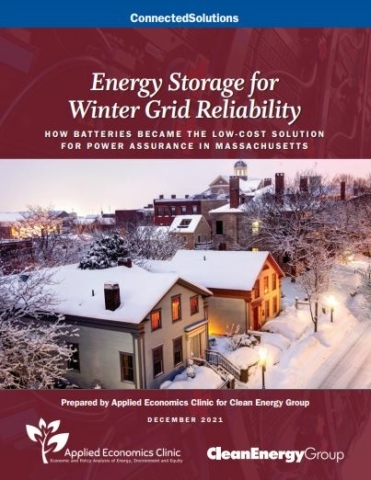
CEG Response to the Environmental Protection Agency RFI on the Greenhouse Gas Reduction Fund
CEG submitted comments in response to the U.S. Environmental Protection Agency’s Request for Information seeking public comment on core design aspects of the Greenhouse Gas Reduction Fund. CEG’s comments focus on the importance of providing technical assistance funding support through the GGRF, particularly in support of projects being developed by under-resourced organizations and in service of historically marginalized communities.